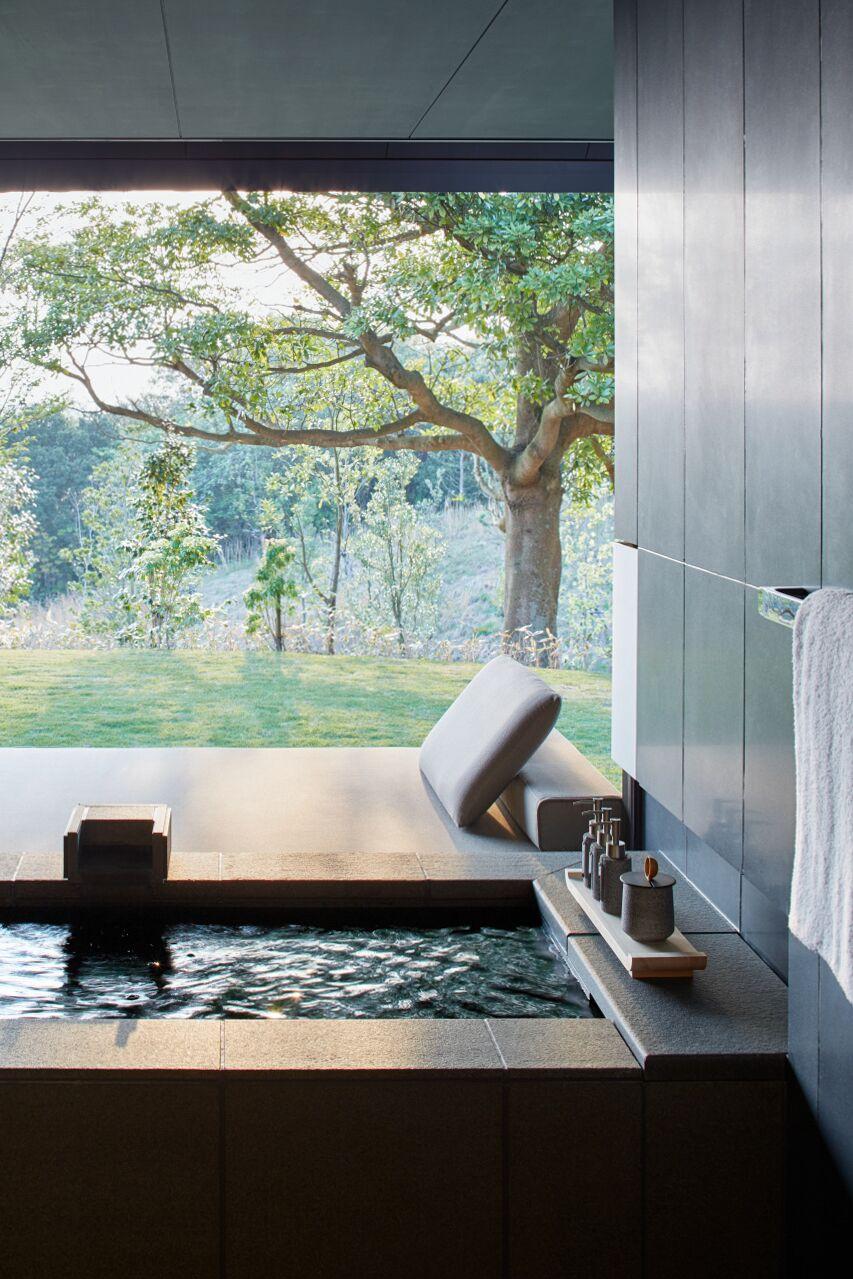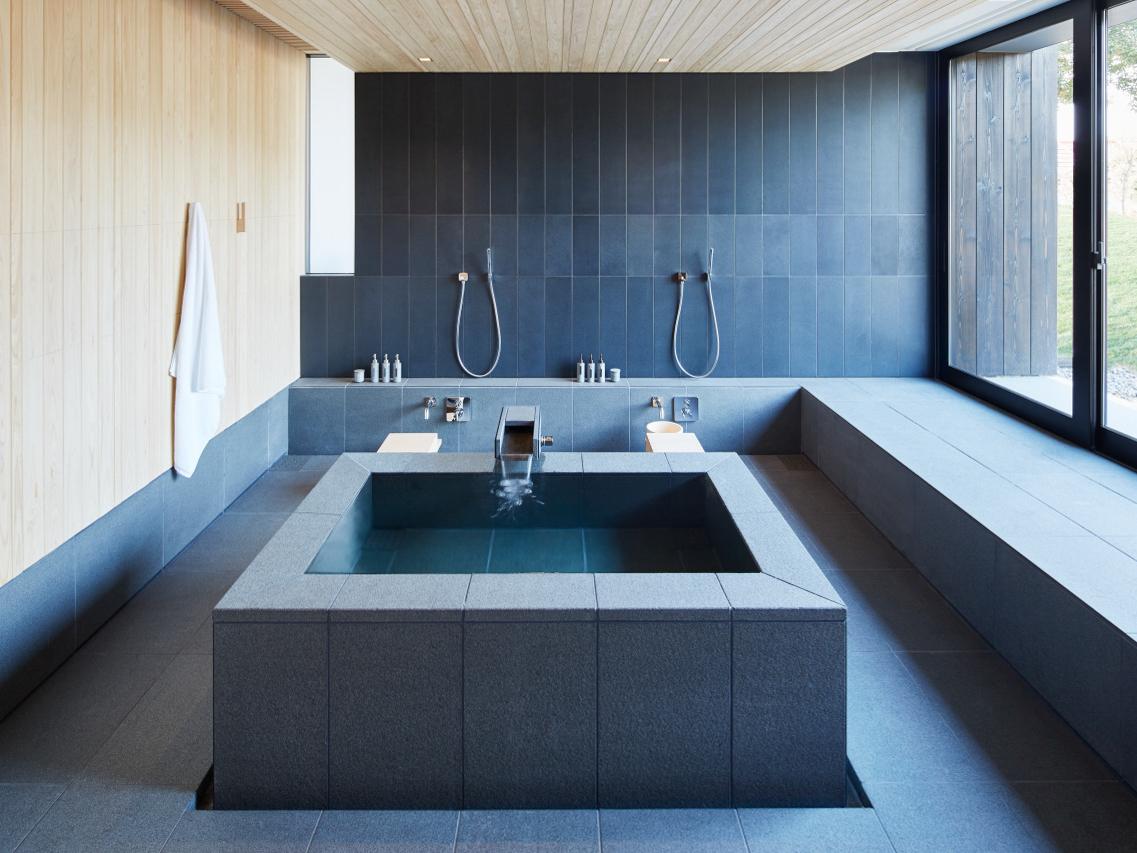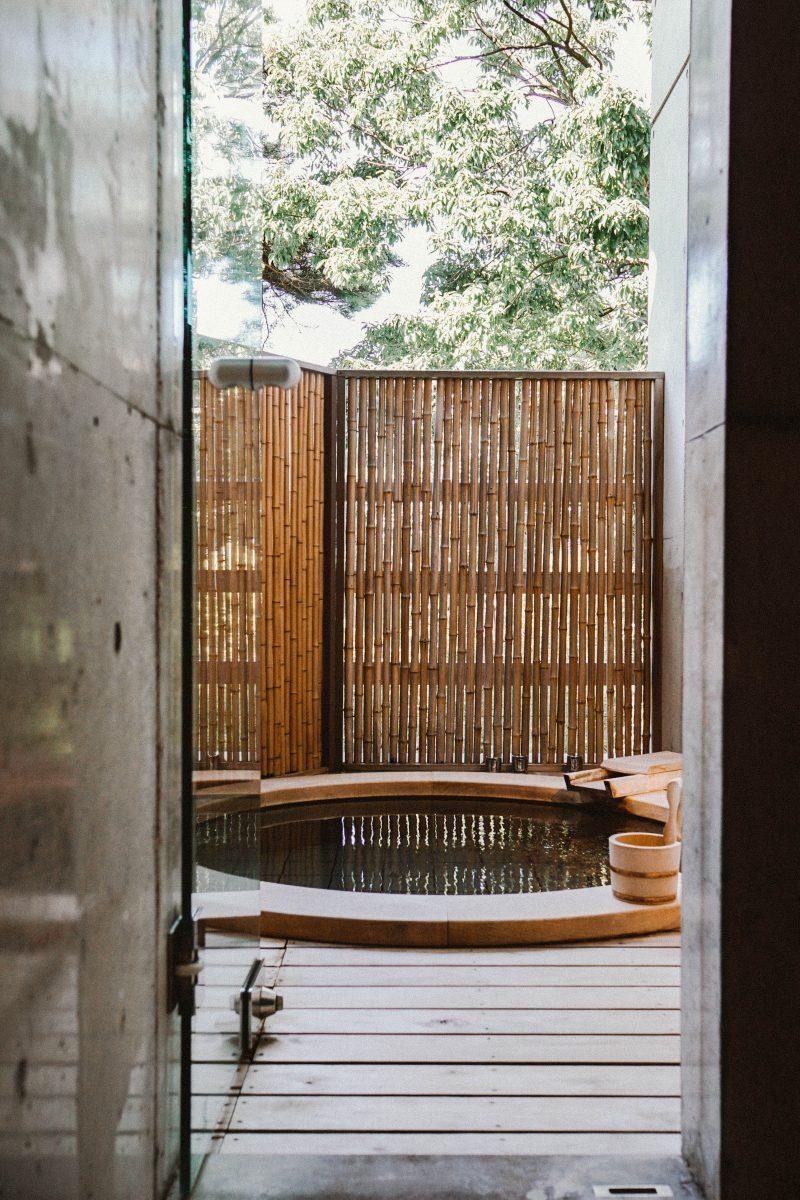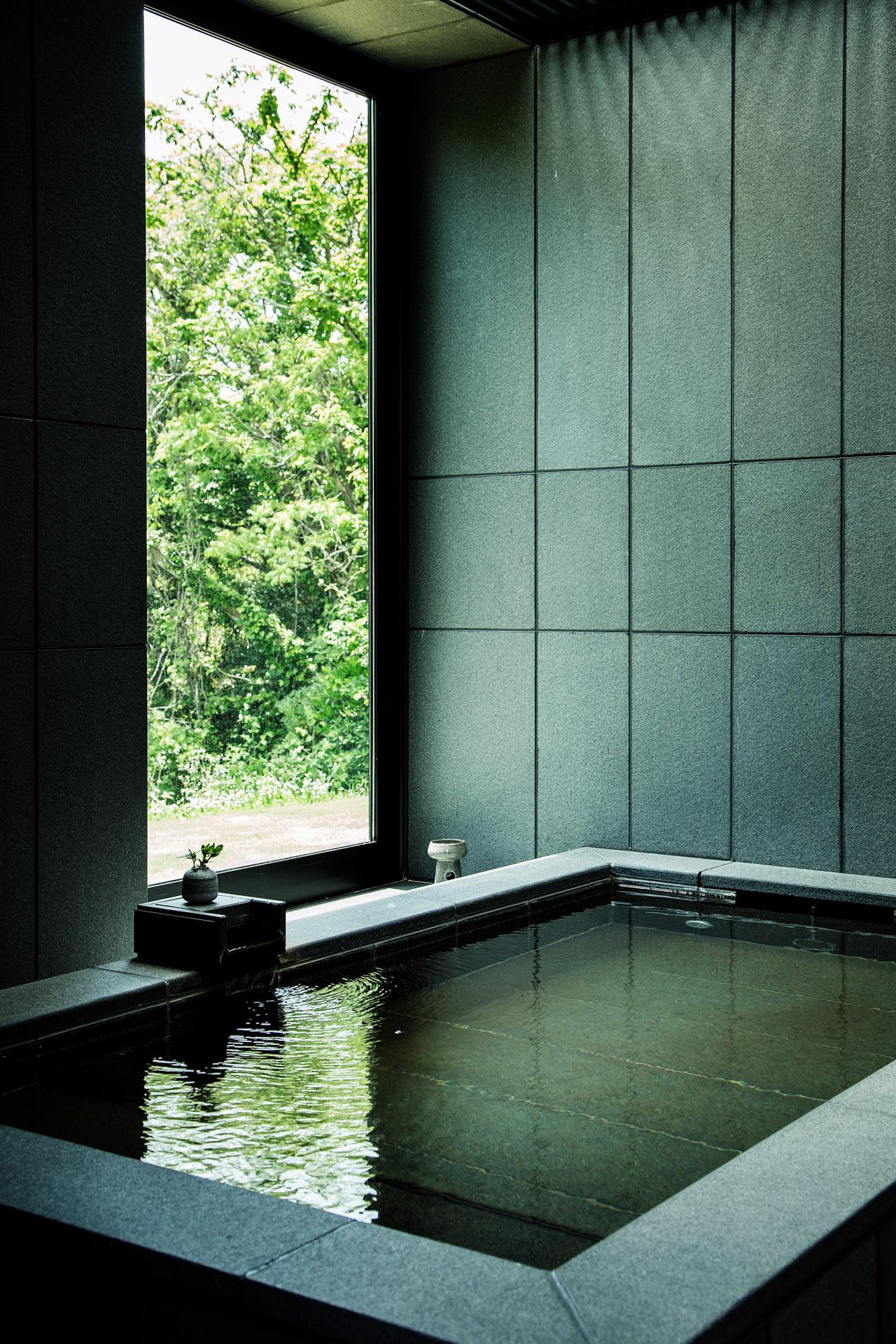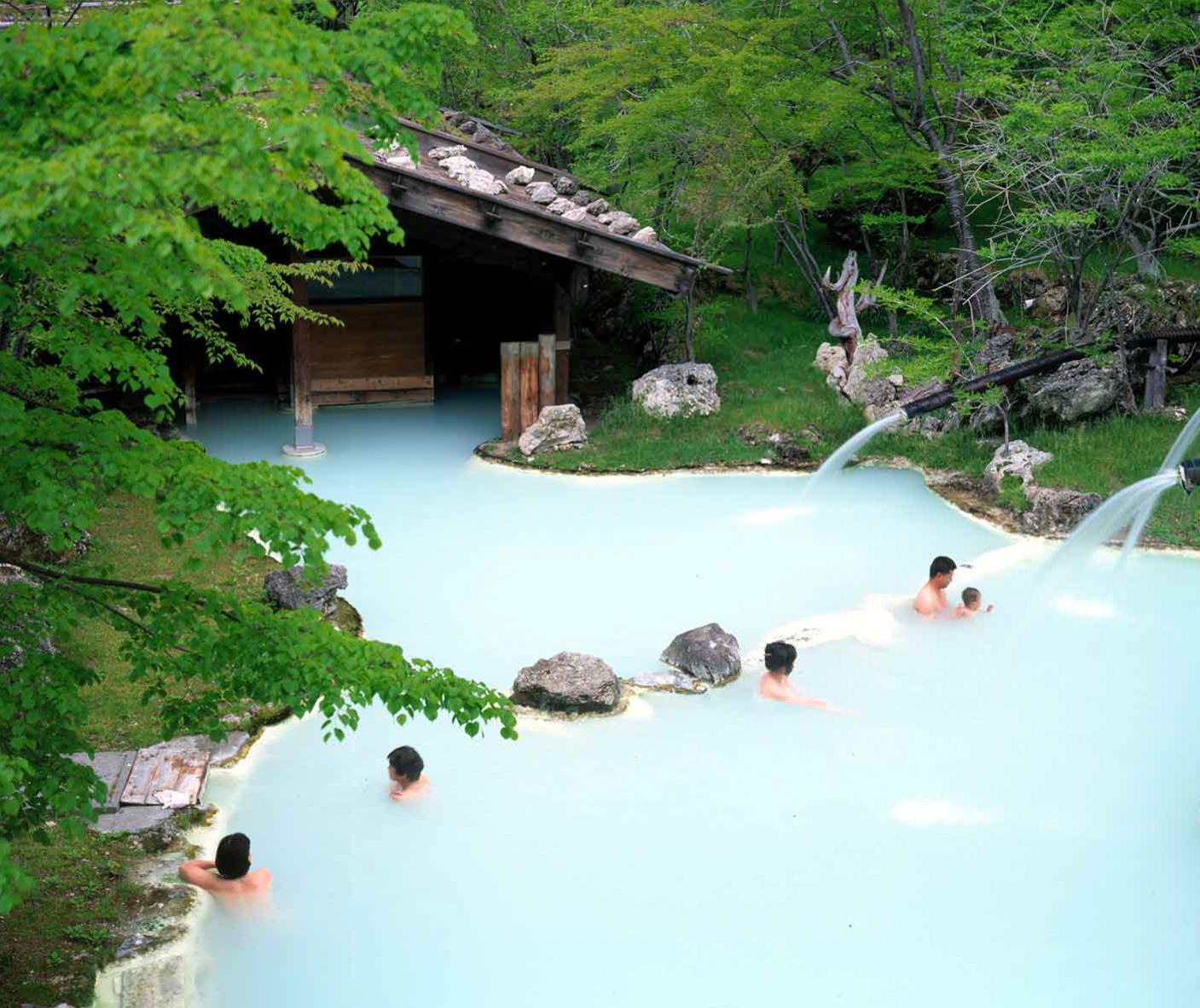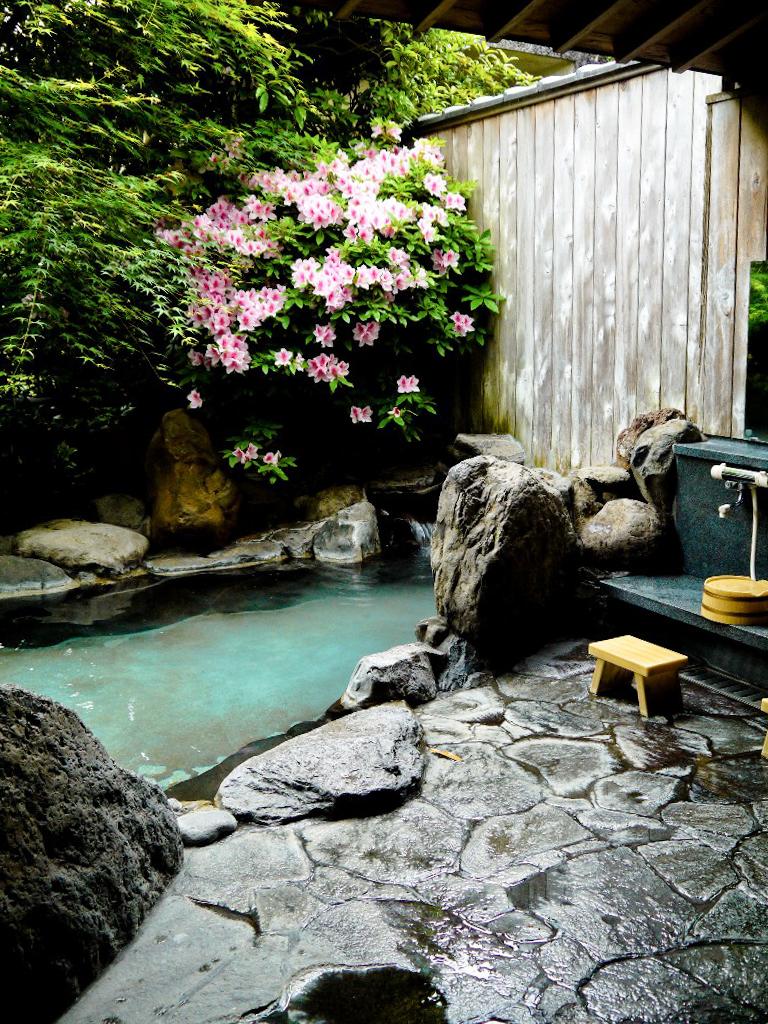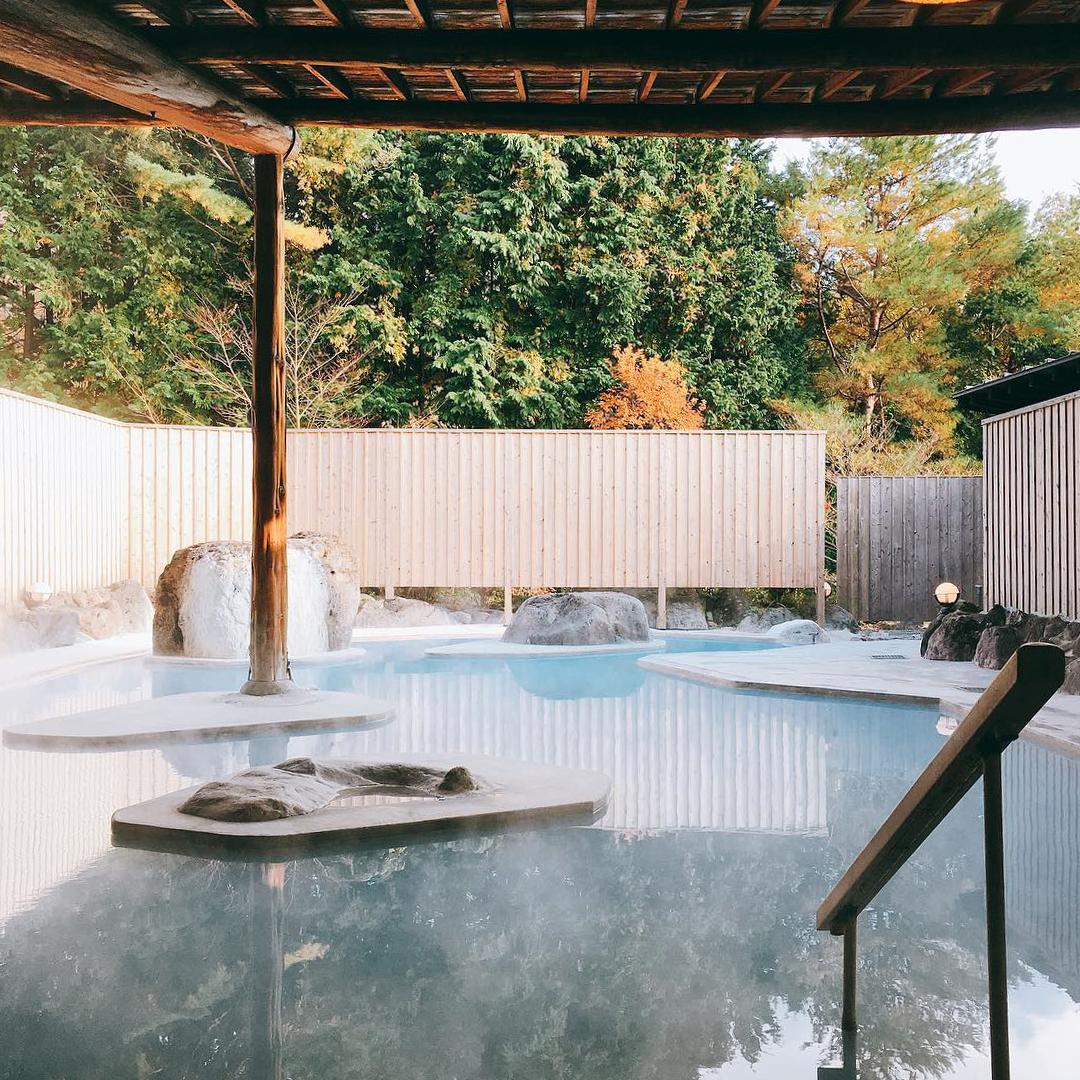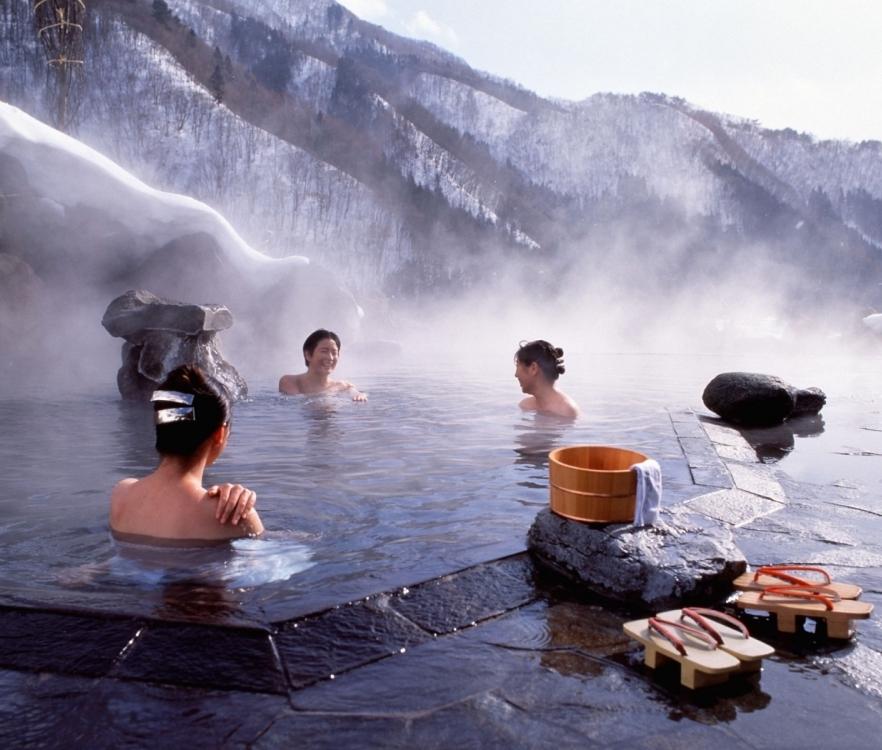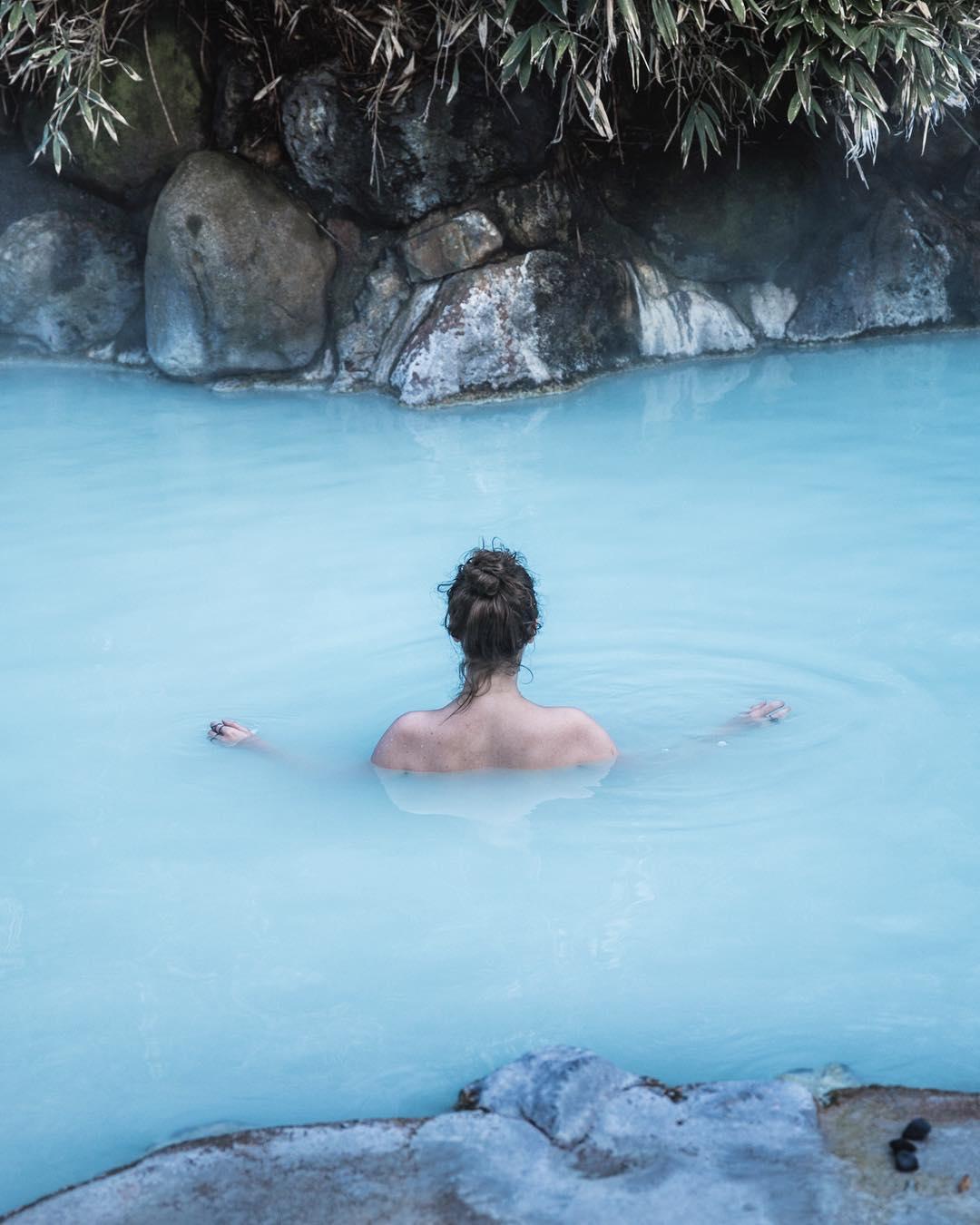
photo by
Local Milk
Lifestyle
A Guide to Japanese Onsens & Etiquette While You're There
Ever wondered what all the hype about onsens is? Well, for starters, soaking communally in hot springs is an indispensable and beloved part of Japanese culture. Though hot springs themselves are certainly not unique to Japan, the onsen...
Ever wondered what all the hype about onsens is? Well, for starters, soaking communally in hot springs is an indispensable and beloved part of Japanese culture. Though hot springs themselves are certainly not unique to Japan, the onsen has its own customs and rituals that should be highly respected—lest you embarrass yourself, or, dare we say it: get kicked out. The Japanese are fastidious about both following rules and maintaining cleanliness, and the same holds true for every onsen no matter where you go.
We suggest you strip down and slink into at least a few onsens while in Japan in order to get the full experience. Just make sure you heed these no-nonsense rules for entering the onsen and avoiding any offense.
Reporter: Julie Pointer Adams
We suggest you strip down and slink into at least a few onsens while in Japan in order to get the full experience. Just make sure you heed these no-nonsense rules for entering the onsen and avoiding any offense.
Reporter: Julie Pointer Adams
So what is it, exactly? The onsen refers to a hot water spring, which are plentiful in Japan because of the country’s abundant volcanic activity. To be considered an official onsen, the water must contain a minimum of certain minerals and maintain a certain heat (about 77° Fahrenheit), though the majority will have multiple mineral properties and be much warmer than this. The obvious benefits to soaking in these springs is that the mineral-rich waters have healing, detoxifying properties considered to be good for your skin, circulation and general health—not to mention the undisputed therapeutic advantages of kicking back in a hot tub after a long day. Many onsens are also located outdoors (called rotenburo), often offering unrivaled views of mountains or sea and a healthy dose of fresh air.
That’s right. There’s a strict no clothes, no bathing suits, not even speedos rule in the hot springs. Onsens are divided by gender, so you’ll head to your side where you can leave all your clothes, shoes and valuables in a locker. If towels aren’t provided you can purchase one for a small fee—but even the teeny towels won’t cover much. If you’re feeling squeamish about being in the nude, well, just remember everyone else is, too. Unless you’re violating any delicate etiquette, it’s unlikely you’ll draw any stares.
Unlike our Western idea of baths, communal thermal baths are not for cleansing. They’re solely for soaking and relaxing, and therefore guests are required to wash up thoroughly before entering the springs. You’ll find single washing stations with tiny stools for sitting, sudsing up and scrubbing before hitting the tubs—it’s considered bad manners to stand and wash (you might splash your neighbor).
Though towels are commonly provided, your towel (however small it may be) is not to touch the water in the onsen for any reason. Many people will place it on their head while soaking. Same goes for your hair—if it’s long, tie it up.
RELATED ARTICLES
You might be interested in…
The onsen is for quiet contemplation and rejuvenation only—no swimming or roughhousing allowed here. If visiting with friends, keep your gossip to a low hum.
Unlike at other popular hot springs and bathhouses where selfie-sticks seem to abound, photos and cellphones are not allowed in the onsen. Do yourself a favor and just unplug for a while.
Given that most onsen hover around 104° Fahrenheit, it’s pretty unwise to drink and dunk at the same time—not to mention, glass isn’t allowed anywhere near the onsen. Just save the sake for afterwards (and remember to hydrate first).
Tattoos of any kind are famously associated with the yakuza, or the gang/mafia culture in Japan, and therefore are not allowed in the onsen. If you have them—even small ones—be sure to cover with waterproof bandages before entering. If you’re the full-sleeves type, you may want to seek out an inn or hotel with a private onsen where no one will see you.

